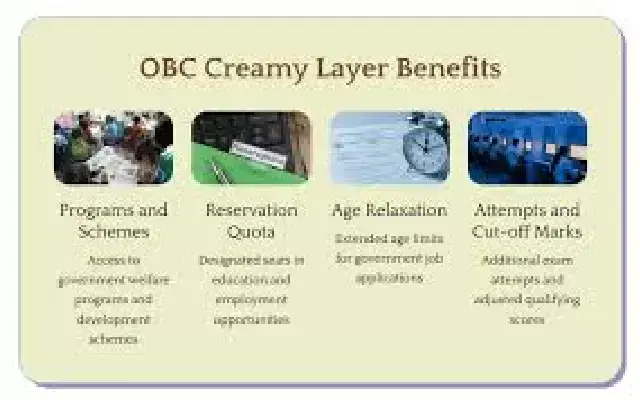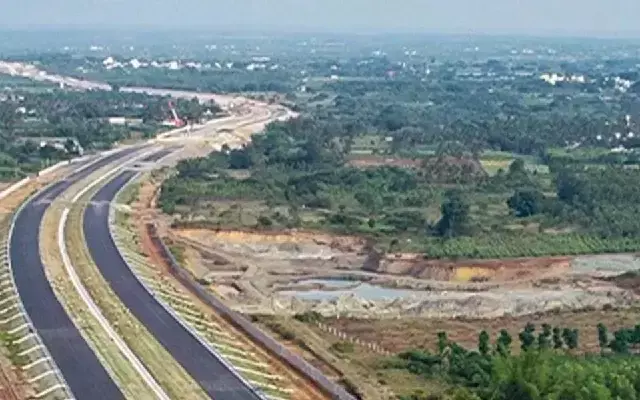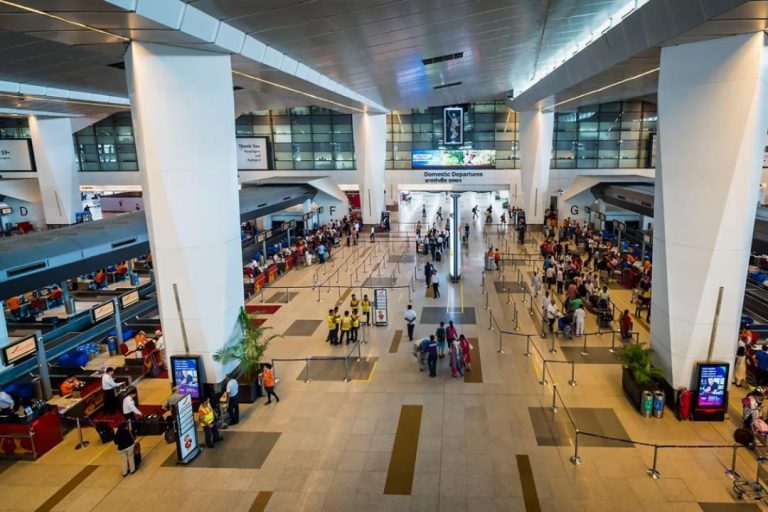
5,000 Disrupt Services & Pelt Stones at Bengal Railway Station during Protest against Waqf Act
A recent incident at the Dhulianganga railway station in West Bengal has highlighted the growing tensions and discontent among a section of the population in the state. On Friday, nearly 5,000 people gathered at the station, disrupting train services and pelting stones, affecting the movement of the Kamakhya-Puri Express. The protest was against the recently enacted Waqf Act, which has been met with widespread resistance from various quarters.
The incident, which has sent shockwaves across the state, has raised questions about the government’s handling of the situation. The Eastern Railways has confirmed that the protest led to significant disruptions to train services, causing inconvenience to hundreds of passengers. The authorities have since launched an investigation into the matter to identify the perpetrators and take necessary action.
According to eyewitnesses, the mob gathered at the station after 1 pm, with many of them carrying stones and other projectiles. The protesters, who were reportedly from the Muslim community, began peltting stones at the train and railway property, causing significant damage. The signal system was also damaged, leading to a complete halt in train services.
The incident has sparked widespread outrage and concern about the potential consequences of such protests. Many have questioned the wisdom of disrupting essential services, such as rail transport, which are critical to the daily lives of millions of people. The government has been criticized for its handling of the situation, with many demanding a more robust response to such incidents.
The Waqf Act, which was enacted recently, aims to regulate the management and administration of Waqf properties in the state. However, the law has been met with resistance from various quarters, with many arguing that it is unconstitutional and violates the fundamental rights of Muslims. The protests, which have been ongoing for several weeks, have become increasingly violent, with reports of stone-pelting, vandalism, and even arson.
The government has sought to downplay the incident, claiming that it was a “minor” disturbance that was quickly brought under control. However, eyewitnesses have contradicted this claim, describing the scene as chaotic and overwhelming. The railway authorities have also expressed concern about the safety of their staff and passengers, who were put in harm’s way by the protesters.
The incident has also raised questions about the role of the police in handling the situation. Critics have argued that the police were slow to respond to the violence, allowing the protesters to wreak havoc on the station and surrounding areas. The police have been criticized for their handling of previous protests against the Waqf Act, which have also turned violent.
The situation in West Bengal is particularly volatile, with tensions running high between the government and various opposition groups. The state has seen a series of protests and demonstrations in recent weeks, with many calling for the repeal of the Waqf Act. The government has accused the opposition of inciting violence and spreading misinformation, while the opposition has accused the government of being insensitive to the concerns of the Muslim community.
As the situation continues to unfold, it is clear that the Waqf Act has become a flashpoint in the ongoing political tensions in West Bengal. The government has a difficult task ahead of it, as it seeks to balance the competing interests of different groups while maintaining law and order. The incident at the Dhulianganga railway station serves as a stark reminder of the need for effective governance and conflict resolution in the face of rising tensions and discontent.






